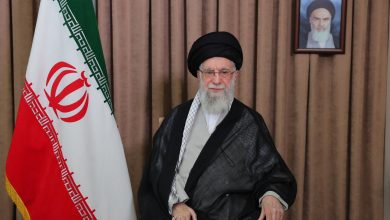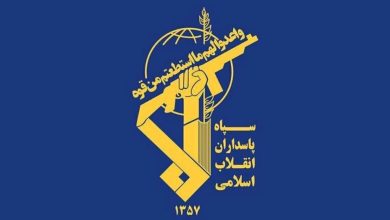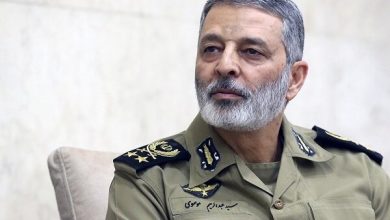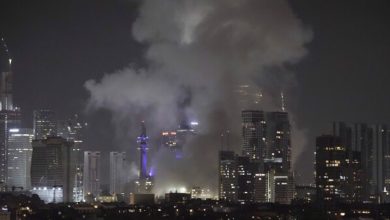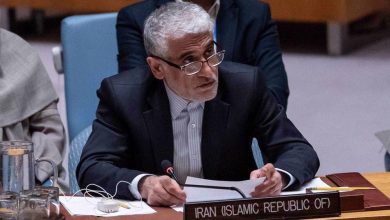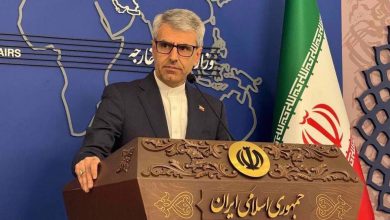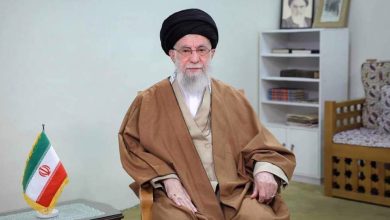Iran Reaffirms Sovereignty Over Persian Gulf Trio Islands: FM Statement
A spokesperson for Iran's Foreign Ministry has rejected the repetitive assertions made in the Persian Gulf Cooperation Council's (GCC) concluding statement regarding three Iranian islands, emphasizing that these islands are an "integral" part of Iran's territory.
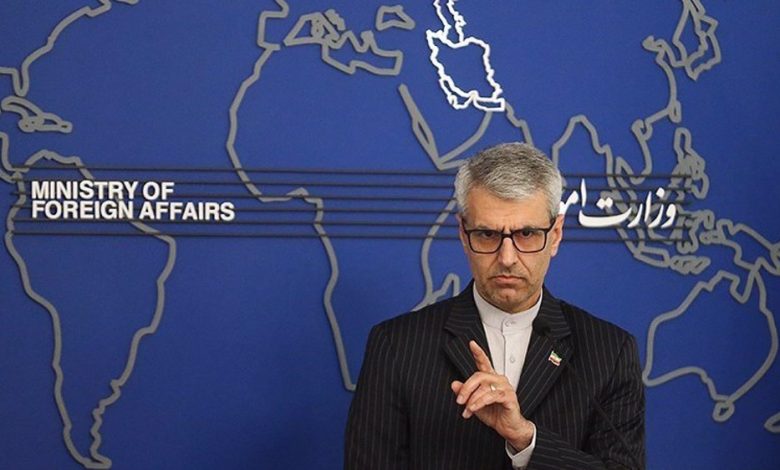
In a statement issued on Tuesday, Esmaeil Baghaei firmly rejected the claims outlined in the concluding communiqué of the 164th Ministerial Council meeting of the Gulf Cooperation Council (GCC) nations, held in Kuwait, concerning the three Iranian islands of Greater Tunb, Lesser Tunb, and Abu Musa.
An Iranian diplomat has rebuffed a statement that criticized the decisions and actions of Iranian officials concerning the disputed islands, labeling the comments as interventionist.
Baghaei asserted that the Islamic Republic of Iran is committed to exercising its sovereign rights and will undertake any necessary measures to protect the nation’s security and interests concerning the three islands, covering their land territories, waters, and airspace.
The Iranian Foreign Ministry spokesman emphasized that Iran’s actions regarding the three disputed islands align entirely with its sovereign rights, asserting national jurisdiction and authority over Iranian territory.
In response to the recent statement, the Islamic Republic of Iran has strongly criticized remarks concerning residential development, visits by Iranian state and military officials to its islands, and military exercises within its borders, deeming them an interference in its sovereignty and firmly rejecting them.
Baghaei expressed disappointment as the GCC member states reiterated their unfounded assertions concerning the three islands, seemingly disregarding historical and geographical facts.
He stated that while these actions do not compromise Iran’s absolute and effective sovereignty over the islands of Greater Tunb, Lesser Tunb, and Abu Musa, they contradict the principles of international law regarding the respect for national sovereignty and territorial integrity of nations.
The three islands “are an integral part of Iran’s territory,” according to Baghaei, who urged the Persian Gulf Cooperation Council to pursue a more constructive approach. Baghaei emphasized the importance of focusing on regional commonalities rather than making unfounded claims against Iran’s territorial integrity.
The Persian Gulf islands of Abu Musa, along with the Greater and Lesser Tunbs, have historically been recognized as part of Iran, a fact supported by a wealth of historical, legal, and geographical documentation from Iran and elsewhere. Despite this, the United Arab Emirates has consistently asserted its own claims over the islands.
The islands came under British control in 1921; however, on November 30, 1971, following the withdrawal of British forces and merely two days prior to the United Arab Emirates’ official formation as a federation, Iran’s sovereignty over the islands was reestablished.
In other parts of his statement, the spokesman addressed assertions concerning the Arash offshore gas field located in the Persian Gulf. He stressed that the Islamic Republic of Iran, following mutual discussions with the Kuwaiti government, has consistently highlighted the importance of constructive collaboration in the energy sector. This includes cooperation in the natural gas field and the joint utilization of shared hydrocarbon resources.
The Iranian Foreign Ministry emphasized that measures grounded in shared interests and concerns have the potential to create a solid foundation for enhancing regional cooperation.
The longstanding contention surrounding the Arash gas field, referred to as al-Durra by Kuwait, originates from the 1960s. During that period, Iran and Kuwait were each granted overlapping offshore concessions for the field after its discovery.
The ongoing dispute has witnessed numerous rounds of allegations and rebuttals from the involved parties, emerging as a significant point of contention in the relations between the Persian Gulf neighbors.
The Arash gas field is projected to contain approximately 20 trillion cubic feet of gas reserves, with the potential to yield one billion cubic feet daily. Notably, about 40% of the gas field lies within Iranian territorial waters.

